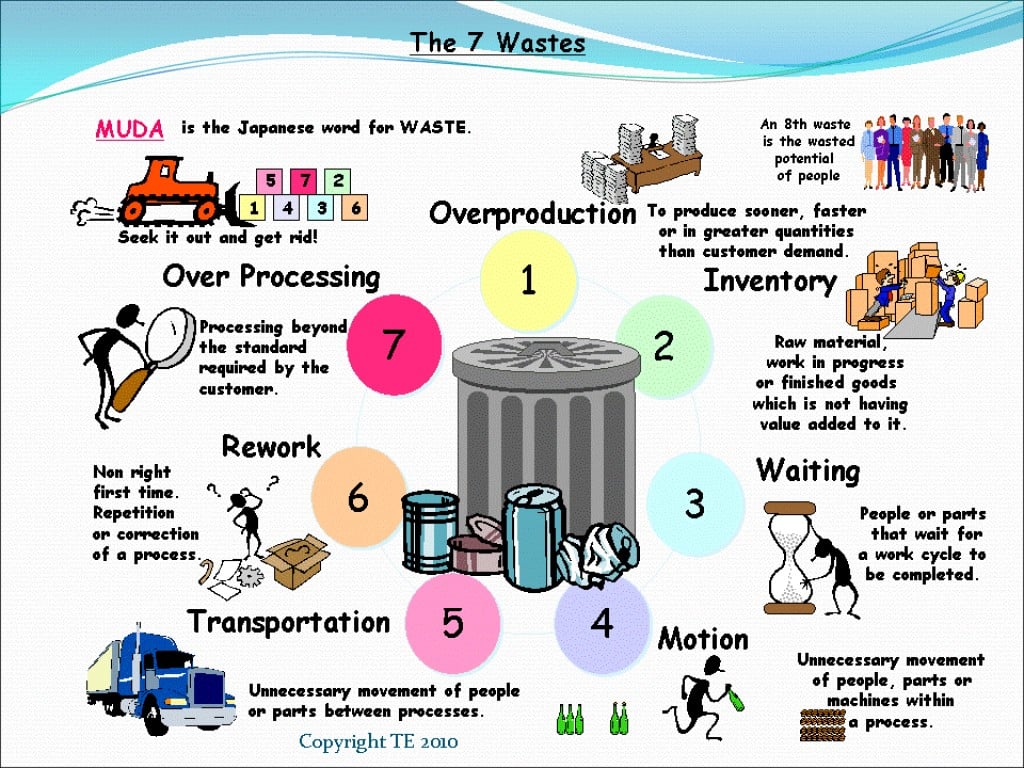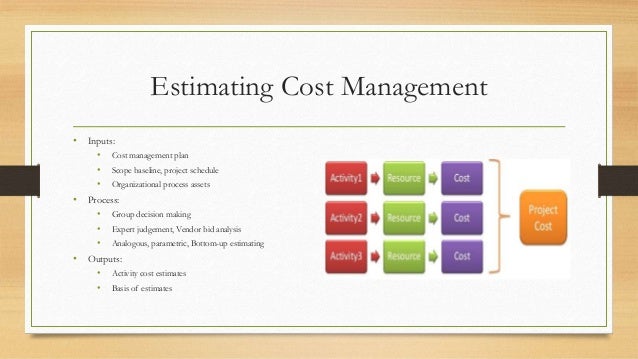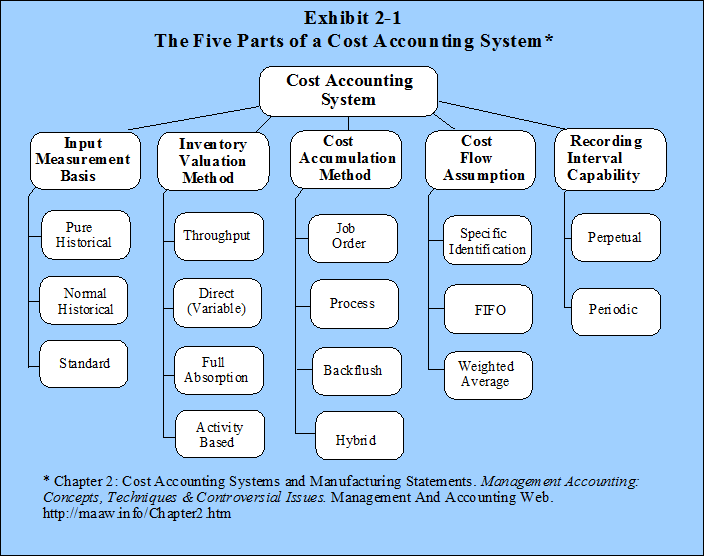Cost Management Presentation
| Introduction to Cost Management | ||
|---|---|---|
| Cost management is the process of planning, controlling, and monitoring expenses within an organization to ensure efficient use of resources. It involves identifying, estimating, and allocating costs to various activities and projects. Effective cost management helps organizations achieve financial goals and improve profitability. | ||
| 1 | ||
| Importance of Cost Management | ||
|---|---|---|
| Cost management helps organizations make informed decisions about pricing, budgeting, and resource allocation. It allows businesses to identify and eliminate unnecessary expenses. Effective cost management enables organizations to remain competitive in the market and optimize their financial performance. | ||
| 2 | ||
| Cost Management Methods | ||
|---|---|---|
| Activity-based costing (ABC) is a method that allocates costs to specific activities based on their consumption of resources. Standard costing involves setting predetermined costs for materials, labor, and overhead, which are then compared to actual costs to identify variances. Target costing is a proactive approach that sets a target cost for a product or service, taking into consideration market demand and profitability goals. | ||
| 3 | ||
| Cost Management Techniques | ||
|---|---|---|
| Cost reduction involves identifying and implementing strategies to decrease expenses without compromising quality or customer satisfaction. Cost allocation refers to the process of distributing indirect costs to different departments, products, or projects based on predetermined criteria. Cost control involves monitoring actual expenses and comparing them to the budget, taking corrective actions if necessary. | ||
| 4 | ||
| Cost Management Tools | ||
|---|---|---|
| Budgeting software helps organizations create, track, and analyze budgets, making it easier to control and manage costs. Cost estimation tools use historical data, industry benchmarks, and other factors to estimate the costs of projects or activities. Cost tracking systems allow organizations to monitor and record actual expenses in real-time, facilitating better cost control. | ||
| 5 | ||
| Cost Management Strategies | ||
|---|---|---|
| Lean management focuses on eliminating waste and improving efficiency in all processes, resulting in cost reductions. Value engineering involves analyzing and redesigning processes or products to achieve the desired functionality at a lower cost. Outsourcing certain activities or functions to external vendors can help reduce costs and improve overall efficiency. | ||
| 6 | ||
| Benefits of Effective Cost Management | ||
|---|---|---|
| Enhanced profitability through better cost control and reduction. Improved decision-making based on accurate cost information. Increased competitiveness in the market due to optimized resource allocation. | ||
| 7 | ||
| Challenges in Cost Management | ||
|---|---|---|
| Lack of accurate cost data and visibility can hinder effective cost management. Difficulty in estimating and predicting future costs accurately. Resistance to change and reluctance to implement cost reduction strategies. | ||
| 8 | ||
| Best Practices in Cost Management | ||
|---|---|---|
| Regularly review and update cost management strategies to adapt to changing market conditions. Foster a culture of cost consciousness and accountability throughout the organization. Continuously monitor and analyze cost data to identify opportunities for improvement. | ||
| 9 | ||
| Summary of Cost Management | ||
|---|---|---|
| Cost management is crucial for organizations to achieve financial goals and improve profitability. It involves methods, techniques, and strategies to control and reduce costs while ensuring efficient resource allocation. Effective cost management requires the use of appropriate tools, continuous monitoring, and a proactive approach. | ||
| 10 | ||
| References (download PPTX file for details) | ||
|---|---|---|
| Cokins, G. (2018). Performance Management: In... Drury, C. (2018). Cost and Management Account... Hilton, R. W., & Maher, M. W. (2019). Cost Ma... |  | |
| 11 | ||

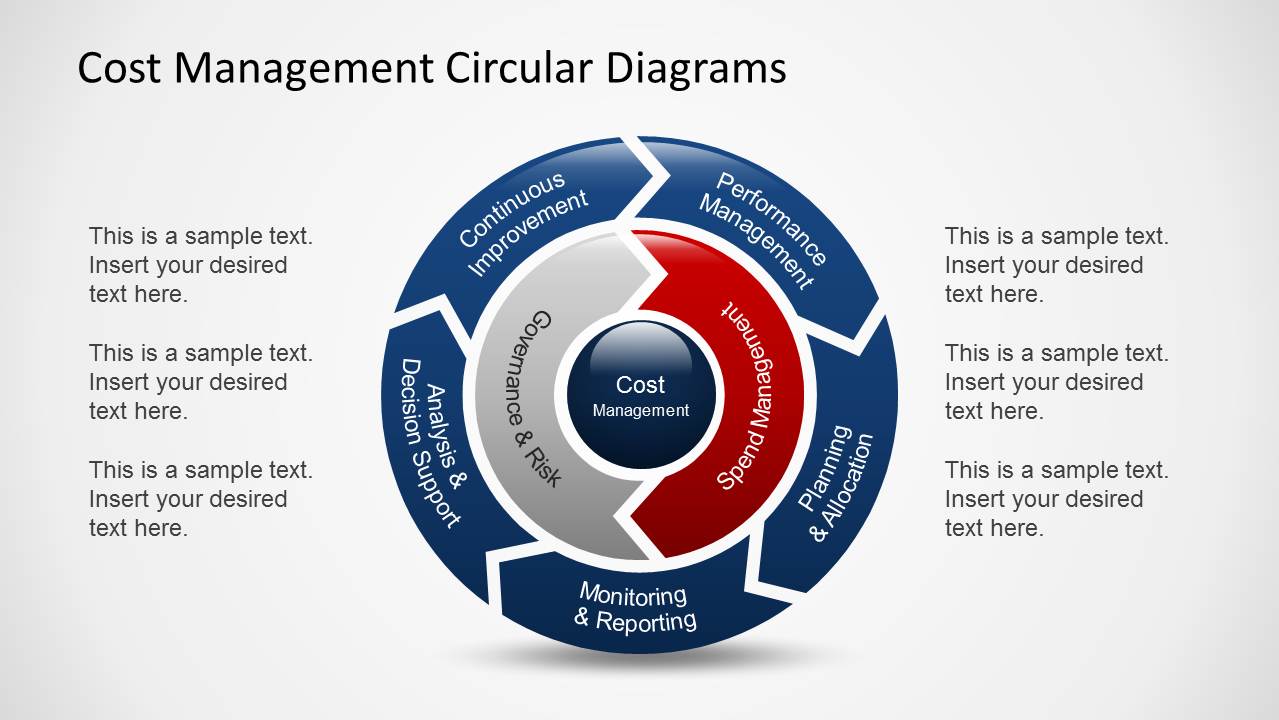
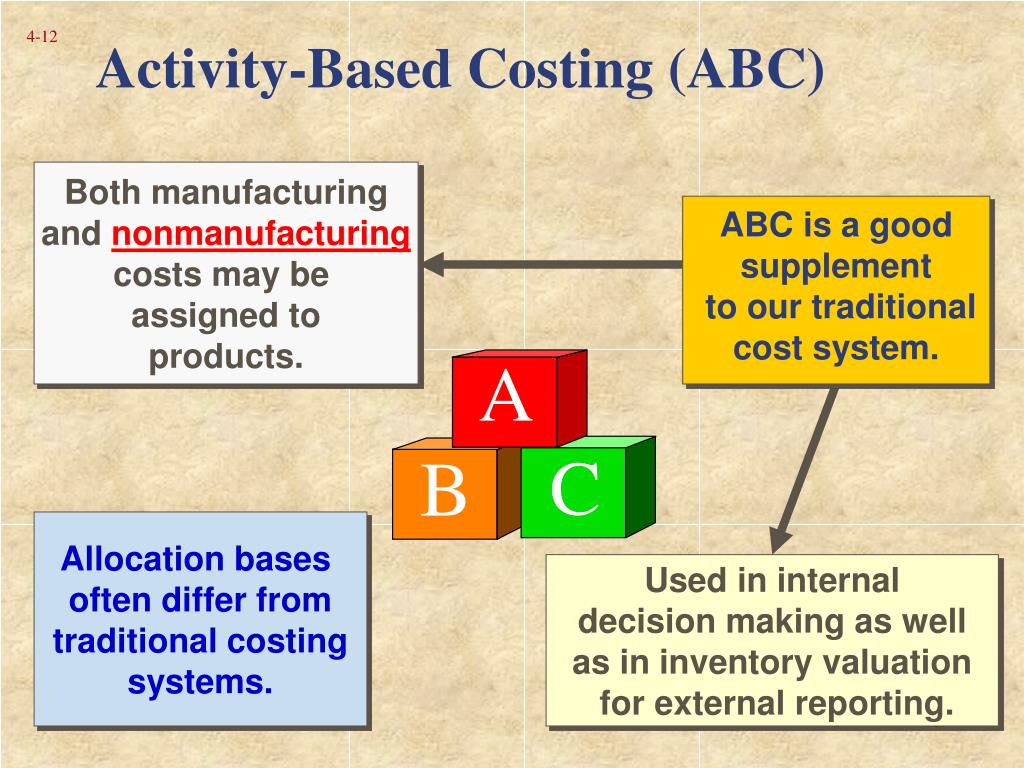
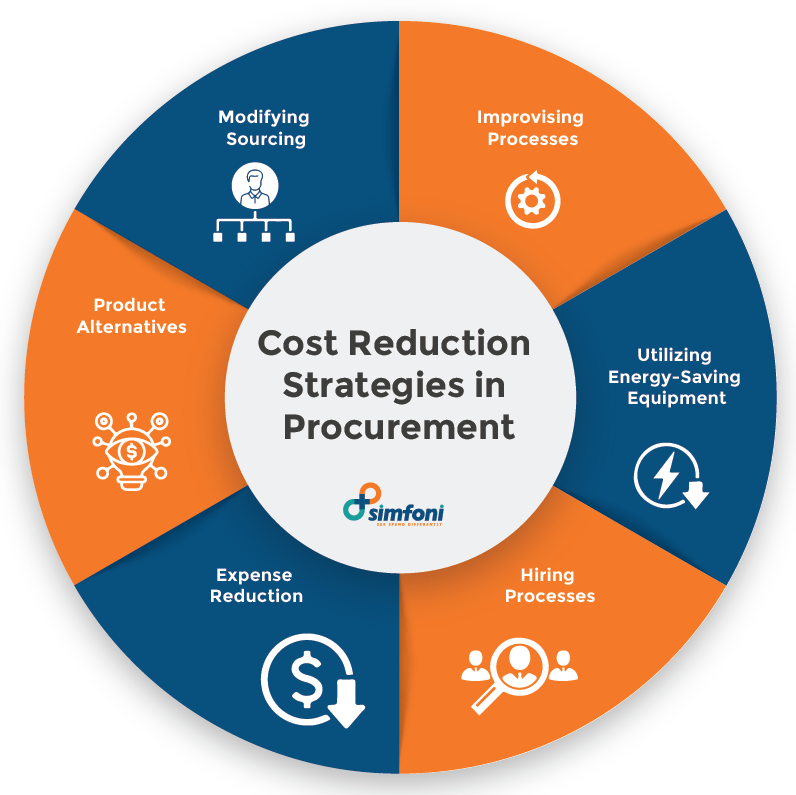
.png)
